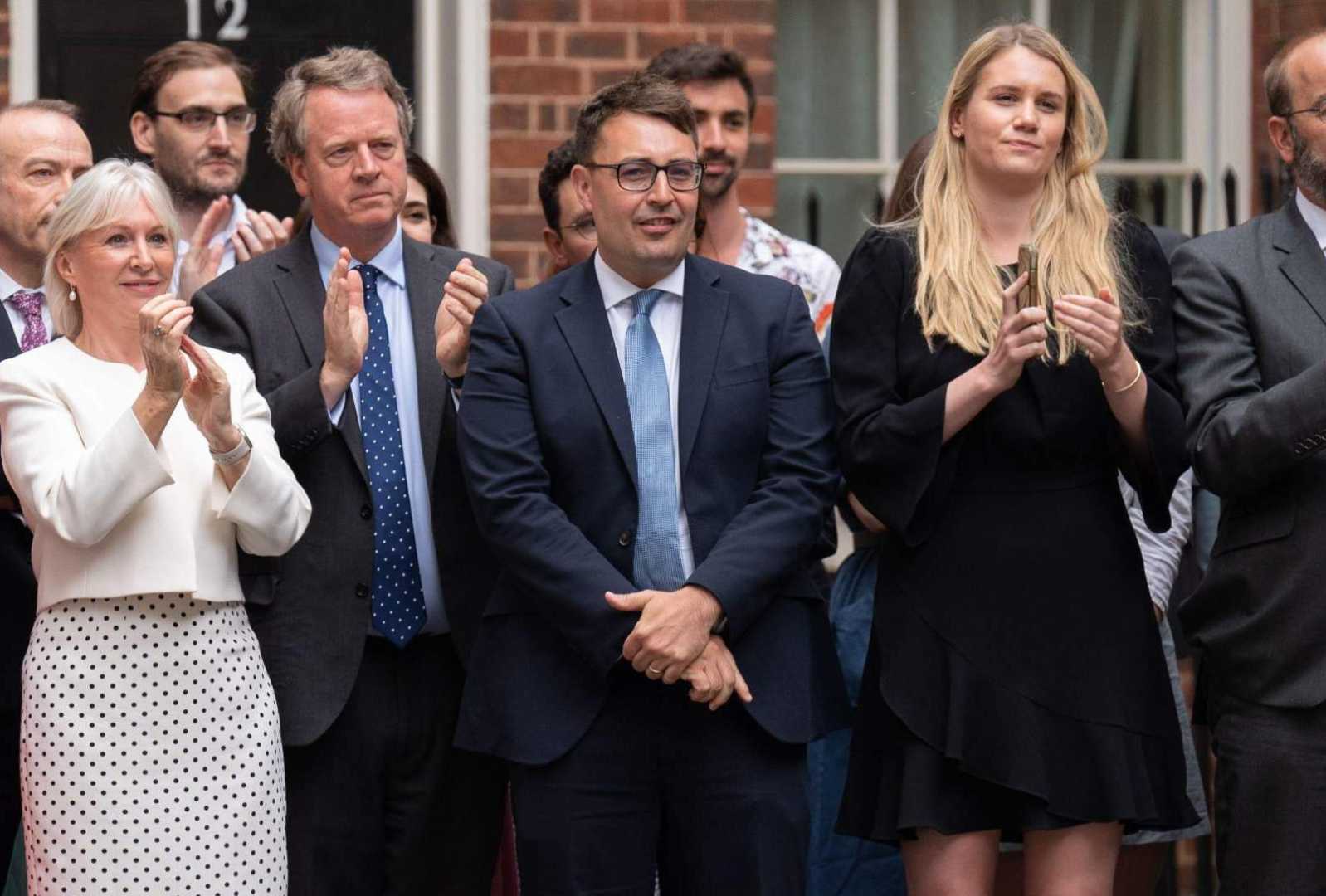Politics
Boris Johnson Criticizes Treatment of Youngest Peer in House of Lords

Former Prime Minister Boris Johnson has publicly condemned what he describes as the “absolutely shameful” treatment of Charlotte Owen, a former adviser he appointed to the House of Lords. Owen, at 30, became the youngest life peer after being named in Johnson’s resignation honours list. The appointment has led to significant criticism, which Johnson has labeled as sexist.
Owen served as a political adviser to Johnson during her six years at Westminster in which she held relatively junior roles. Johnson defended her appointment, describing her as an “extremely effective” political adviser. He noted that the House of Lords is populated with numerous political advisers, and none had received similar “abuse.” Comparing the situation to previous appointments, he pointed out, “I can think of the person who ran David Cameron‘s [operations] team who is now in the House of Lords. Nobody makes a fuss about that do they?”
Alongside Owen, another former adviser, Ross Kempsell, also received a peerage. Since entering the House of Lords, Owen has contributed to debates on subjects such as drink-spiking, housing targets, and the importation of fur. She holds the position of vice president at Boris Johnson’s new sustainability consultancy, Better Earth.
During a live 30-minute interview, Johnson reflected on his political career, acknowledging personal mistakes during his time as Prime Minister, and addressed potential future political ambitions. When questioned about his responsibility for his political downfall, he admitted, “the awful truth is the large share of the responsibility is, of course, mine” but mentioned “other factors.” Specifically, he expressed regret over attempting to defend a Conservative MP involved in a lobbying scandal.
In response to accusations of being unserious in his role as Prime Minister, Johnson pointed to his government’s accomplishments, including delivering Brexit and managing the COVID-19 vaccine rollout, claiming, “Nobody can say we were not serious in our approach.” Furthermore, he defended his often casual tone, arguing that engaging people’s interest was essential for conveying political messages.
Johnson, a prominent figure in the Leave campaign during the 2016 EU referendum, affirmed his staunch support for the Brexit deal he delivered. Nevertheless, he shared personal concerns about the UK’s current relationship with the EU, remarking, “I worry about the politics sometimes of not being as close to our EU partners as we used to be.” He criticized the lack of preparation for Brexit by the Conservative government under David Cameron, stating, “What happened was that in June 2016 the then-Prime Minister David Cameron evaporated, whistling, and then we had a devil of a job.”
When asked about potential future attempts to return to the position of Prime Minister, Johnson humorously dismissed the likelihood, suggesting it was as probable as “being blinded by a champagne cork.”












